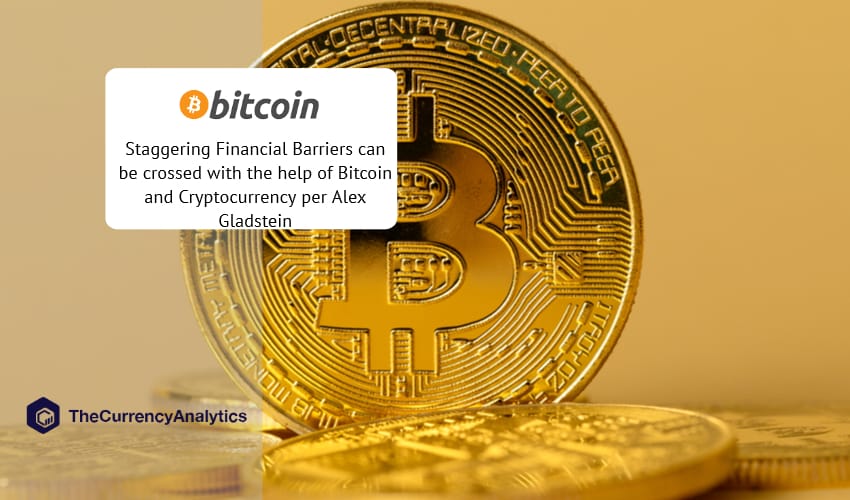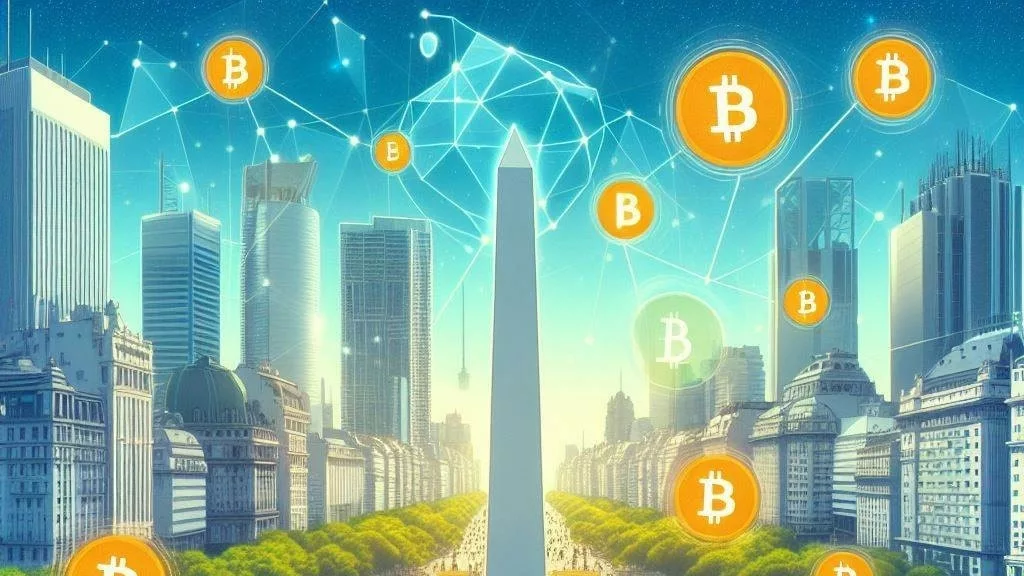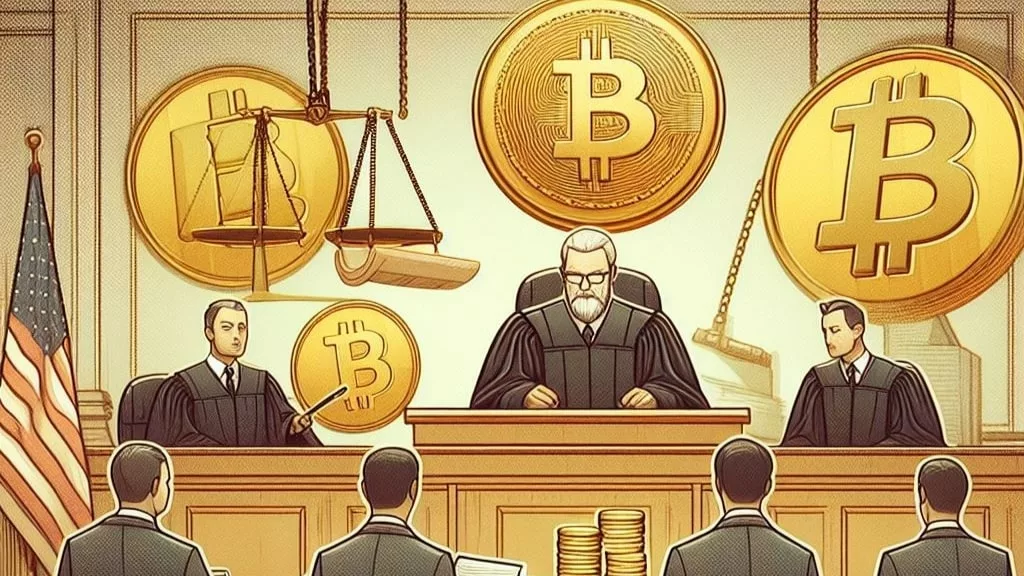
Alex Gladstein recently studied about how Bitcoin can be used as a peaceful protest to overcome staggering financial barriers.
He publishes has chat with a user in Gaza and points to how it blew his mind: Uqab spoke to me from Rafah, the scene of yet another wave of IDF bombings in May. Gaza faces civilizational collapse. 1 out of 2 live in poverty. Half are unemployed. 80% depend on handouts. Investment is gone. Capital stock is destroyed. There is very little hope left.
Gazans may be physically trapped + economically cut off from the world, but Uqab said Bitcoin gave him freedom, calling it “a checkpoint that’s always open.” “With Bitcoin, we’re getting on with our lives,” he said. “Inshallah, more Palestinians will discover this technology”
Palestinian political suffering — trapped by Israeli military occupation, Hamas’s terror tactics, the corrupt PA, and a largely uncaring world — is well-known. But their monetary and economic situation goes untold, even though money is at the very root of their struggles.
To learn more, I spoke to Dr. Alaa Tartir, a Palestinian political economist who walked me through his country’s financial history. Over the past 50 years, Palestinians have become deeply dependent on the outside world, yet isolated at the same time.
Israeli policy was designed to make Palestinians dependent on Israeli imports, unable to build their own capital stock, sinking deeper into a consumerist society. Meanwhile the PA siphoned off aid and other revenue to enrich itself, leaving the average Palestinian in the cold.
In April 1994 PLO and Israeli delegates met in France to sign a rarely-discussed document called the “Protocol On Economic Relations,” also known as the “Paris Protocol.” This document, meant to be temporary, still controls the economic fate of Palestinians today.
What was pitched as a step towards Palestinian independence was really a set of rules which increased Palestinian dependence on foreign aid and the Israeli economy. Individual freedom and economic sovereignty were sacrificed by Arafat and his cronies for personal gain.
Israel would control Palestinian monetary policy and its banking system. The INS would be mandatory legal tender. The impact of the Paris Protocol can be seen in one simple yet shocking statistic: Palestine’s manufacturing sector declined from 19% to 10% from 1994 to 2011.
According to Tartir, “Palestinians have been forced to live in an aid-development paradox: large amounts of aid associated with a downward decline in socioeconomic and human development indicators. In cases like Gaza, those declines have been dystopian.”
A former Palestinian banker living in Ramallah named Abuwedad told me banking reforms since 2007 have “prioritized consumerism over independence” and have funneled easy money to Palestinians to buy things but not invest in their future.
He said what’s worse is that they have no PayPal or Venmo. Receiving money from abroad is time-consuming, expensive, and sometimes impossible. So he quit the banking industry and became a Bitcoiner. He told me that more Palestinians opt into Bitcoin every day.
They do it through Telegram or FB groups, or through first buying Tether on Binance. In the West Bank he said you can’t buy BTC directly through the banking system, only Tether. He knows this isn’t ideal. But Lightning and stabilized Lightning accounts could change things.


Get the latest Crypto & Blockchain News in your inbox.